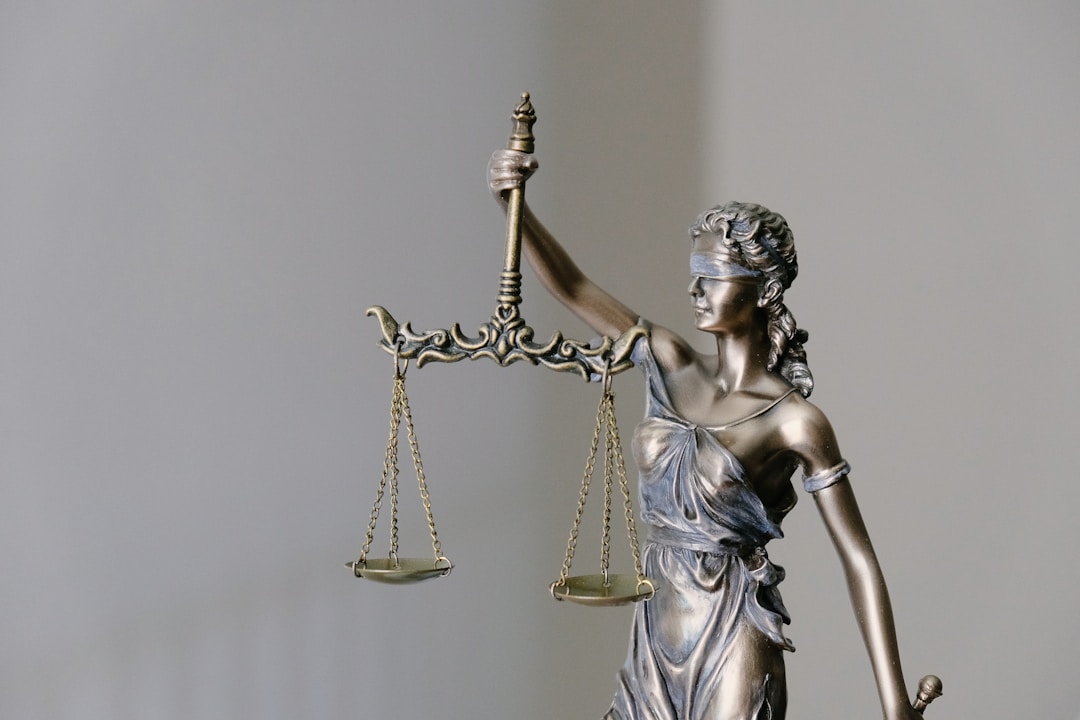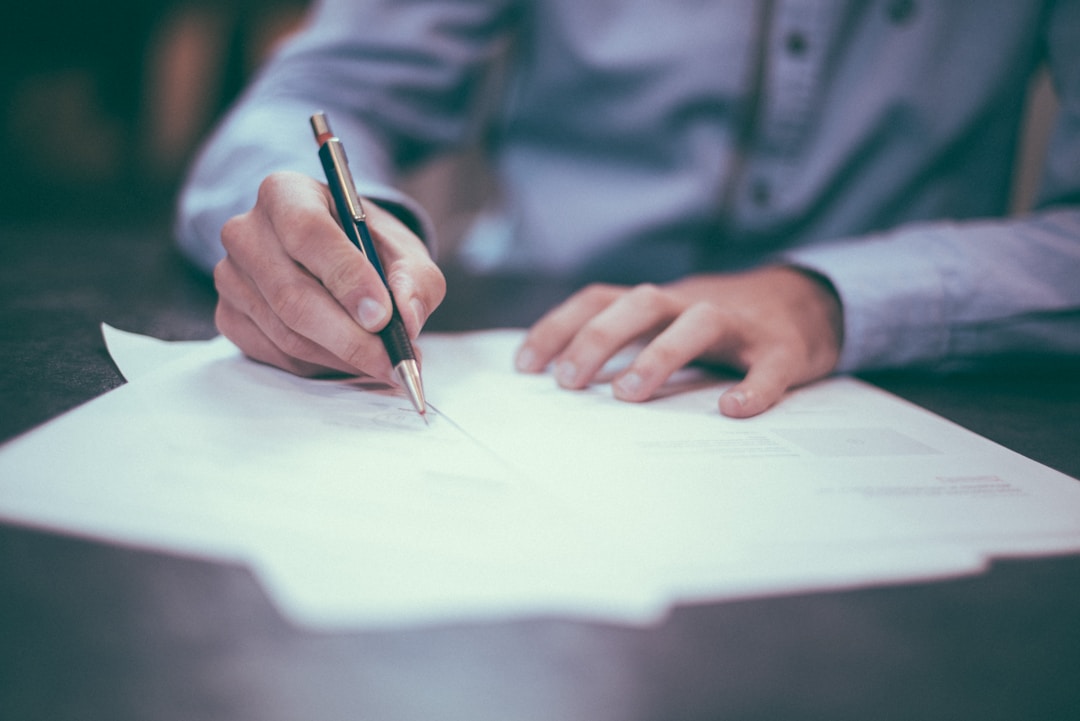Steps To Take After Suffering a Personal Injury in Illinois
If you have suffered a personal injury in Illinois, it’s essential to understand the steps that can lead to a successful recovery, both physically and legally. Addressing the aftermath of an injury requires prompt and careful action to ensure that your rights are protected. Deliberate actions from the moment the injury occurs can make a significant difference in the outcome of your case. Below, we outline essential measures to help you navigate this often-complex process.
Understanding Personal Injury Law in Illinois

Navigating personal injury law in Illinois requires understanding state-specific statutes governing injury claims. Illinois follows a modified comparative negligence rule, where compensation can be reduced by your percentage of fault. You typically have two years from the injury date to file a lawsuit or risk losing your claim. Various nuances exist, so seeking counsel or being informed is crucial.
Different laws apply to specific injuries; for example, work-related injuries are handled through the worker’s compensation system. Identifying the right legal framework is essential for a valid claim. Many seek assistance from a personl injury law firm Illinois to navigate these complexities effectively.
Seeking Immediate Medical Attention After an Injury
Seeking immediate medical attention after an injury is crucial for both health and legal reasons. A prompt evaluation can uncover hidden injuries like internal trauma or concussions, which might not be immediately obvious. Additionally, thorough medical records are vital evidence for any potential personal injury claim, linking the accident to sustained injuries.
Following prescribed treatments and attending follow-up appointments is essential. Non-compliance may signal to insurance companies that the injuries aren’t as severe as claimed, potentially weakening the case. Keeping meticulous records of all medical treatments, expenses, and diagnoses is vital for building a strong foundation for the claim.
Communication with healthcare providers about the cause and circumstances of the injury is crucial. Accurate documentation of these details ensures that insurance adjusters or courts can properly assess the case.
Gathering Evidence and Documentation for Your Claim
After a personal injury, thorough evidence collection is crucial. Take photos of the injury site and any damages, and gather contact info from witnesses. Preserve items related to the incident, like clothing or the defective product, without making repairs. Keep records of all communication with insurance companies or the responsible party.
Maintain a personal injury journal detailing your recovery journey, including pain levels and daily challenges. This documentation strengthens your case for compensation by illustrating the impact of the injury on your life.
Navigating Insurance Claims and Settlements

Dealing with insurance companies during a personal injury claim requires caution and preparation. Remember, adjusters aim to minimize payouts, so stick to the facts when reporting your injury and avoid admitting fault or speculating. Be aware that a recorded statement is usually unnecessary and could be used against you.
Before making any agreements or statements, review your insurance policy to understand your coverage. Settlement offers may come quickly, but accepting the first offer is often unwise as it may not cover all present and future costs related to your injury. Seek legal advice to evaluate offers comprehensively.
Once a settlement is accepted, the at-fault party is usually released from further liability. Therefore, carefully consider all aspects of the settlement to ensure all costs are covered and there are no surprises later on. It’s crucial to protect your interests throughout the process.
When to Consult a Personal Injury Attorney in Illinois
Hiring a personal injury attorney is crucial for serious cases, as legal complexities often require professional navigation. Experienced lawyers understand how to value claims correctly and negotiate effectively with insurance companies. They can help build a strong case by conducting independent investigations, gathering evidence, and calling upon expert witnesses if needed.
Legal representation becomes particularly important if your case goes to trial, as the litigation process is complex and requires seasoned expertise. Consulting with a personal injury attorney is advisable when facing pushback from insurance companies, suspecting negligence, or when the settlement offered does not match the harm suffered.
Most personal injury lawyers offer a free consultation, allowing you to understand the merits of your case without financial commitment. They can also guide you through processes such as negotiating with medical providers to reduce bills or exploring avenues for compensation. With their experience, you can focus on recovery while your case is handled diligently.
Overall, the steps taken after sustaining a personal injury in Illinois will significantly influence the outcome of your claim. Being proactive in seeking medical care, diligently gathering evidence, judiciously dealing with insurers, and consulting with a specialized attorney can safeguard your rights and maximize your chances of a fair and adequate financial recovery for your losses.
